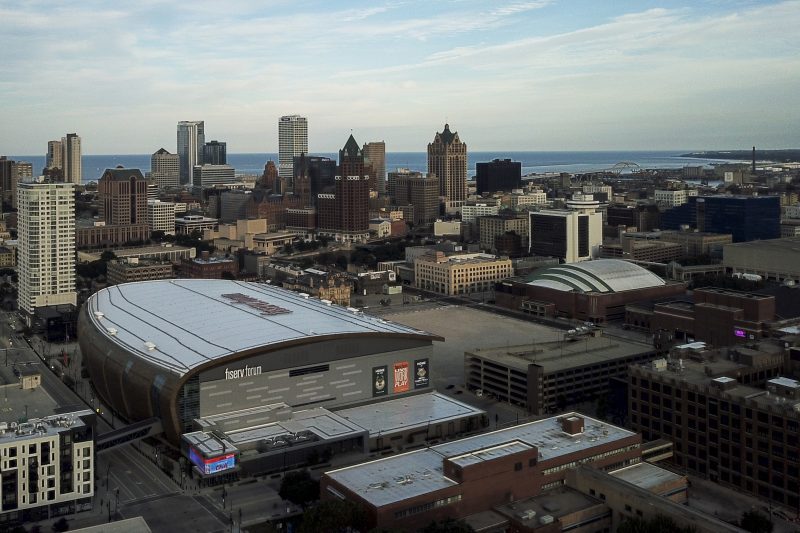
GOP Pressures Secret Service to Clear Protesters from Arena Proximity
The recent request by GOP officials urging the Secret Service to remove protesters near a convention arena has sparked controversy and raised questions about the balance between security concerns and the right to peaceful protest. While security measures are undoubtedly crucial for ensuring the safety of everyone involved in a high-profile event, such as a political convention, the rights of individuals to express their views through protest must also be respected.
Protesting is a fundamental right protected by the First Amendment of the United States Constitution. It allows individuals to voice their opinions, advocate for causes, and hold those in power accountable. However, the presence of protesters near sensitive locations, such as convention arenas, can raise security concerns and pose challenges for law enforcement agencies tasked with ensuring the safety of attendees, speakers, and other stakeholders.
The request made by GOP officials to the Secret Service to remove protesters from a park near the convention arena highlights the complexities of balancing security needs with the protection of constitutional rights. On one hand, ensuring the safety of individuals attending a political event is paramount, especially in an increasingly polarized and politically charged climate. Security agencies must take all necessary precautions to prevent potential threats and disruptions that may arise from large gatherings or protests near convention venues.
On the other hand, forcibly removing peaceful protesters from public spaces can be seen as a violation of their First Amendment rights. Freedom of speech and the right to assemble are core principles of democracy, and any action that suppresses these rights raises concerns about government overreach and the erosion of civil liberties. It is essential for law enforcement agencies to strike a balance between maintaining security and upholding the rights of individuals to express their views through peaceful protest.
In situations where security concerns arise due to the proximity of protesters to sensitive locations, such as convention arenas, it is crucial for law enforcement agencies to engage with protesters in a respectful and non-confrontational manner. Effective communication, de-escalation techniques, and collaboration with protest organizers can help prevent conflicts and ensure that both security needs and constitutional rights are respected.
Furthermore, establishing designated protest zones or alternative locations for demonstrators to gather can help mitigate security risks while allowing individuals to exercise their right to protest peacefully. By creating a framework that accommodates both security concerns and the need for free expression, law enforcement agencies can uphold the rule of law and protect the rights of all individuals involved.
In conclusion, the request by GOP officials to the Secret Service to move protesters from a park near a convention arena underscores the delicate balance between security concerns and the protection of constitutional rights. While security measures are essential for safeguarding public safety, it is imperative that law enforcement agencies respect the rights of individuals to engage in peaceful protest. By adopting a thoughtful and inclusive approach that considers both security needs and the principles of democracy, we can ensure that everyone’s rights and safety are upheld in a manner that reflects the values of a free and open society.
